There are many things we can go through life without ever experiencing. Some people go their entire lives without ever traveling on a plane or holidaying in another country.
Others may go their whole existence without touching a drop of alcohol. Some individuals have lived a life without ever seeing the ocean in person.


It would, however, be extremely difficult, if not impossible, for a person to go their entire life without seeing a member of the opposite sex. But that’s precisely what Mihailo Tolotos managed to do.
He went over eight decades without ever seeing a woman in person, choosing instead to live in solitude away from the modern world.
But why did Mihailo Tolotos choose to do this remarkable feat, and how did it impact his life?
The Early Years Of Mihailo Tolotos
Mihailo Tolotos’ story begins in Halkidiki, Greece, in the 1800s. Back then, Greece was virtually bankrupt, poverty was rife, and education was minimal.
Things were so bad for Greek nationals that many emigrated to the United States around this time, seeking a better life.
When Mihailo entered the world sometime in 1856, just four hours later, his mother tragically passed away due to complications with the labor.
The hospital looked after Mihailo for a short while, awaiting the boy’s father to come collect his son. When he didn’t arrive, and no other family members claimed the child, the newborn was abandoned on the steps of Mount Athos monastery.
The monks who found the child had no choice but to take him in and raise him as one of their own.
The monks were incredibly strict and committed to the traditions and rules they had set, including celibacy. They would raise the boy to the same standards.
The celibacy rule was enforced by the “Rule of Avaton,” which they had firmly in place. This saw the monastic community ensure that no women gained entry into their region, thus making it easier to abide by their celibacy pact.
The rule dates back to the 10th century and serves to keep the monks “pure.”
Even female animals are prohibited from entering the region. The monks have one exception: female cats are allowed on the monastery grounds for their mouse-hunting abilities.
Apart from that, every creature who enters has to be male. This has been the rule for thousands of years and is still in place today.
There is one small exception to the banning of women at Mount Athos, though: there is a tiny strip of land where female visitors may step foot.
However, to do this, they need to apply for a permit. Their presence is only permissible if they adhere to a strict dress code.
The monks of Mount Athos monastery believed that only by abstaining from pleasures and living a strict, simple life could they reach complete spiritual enlightenment.
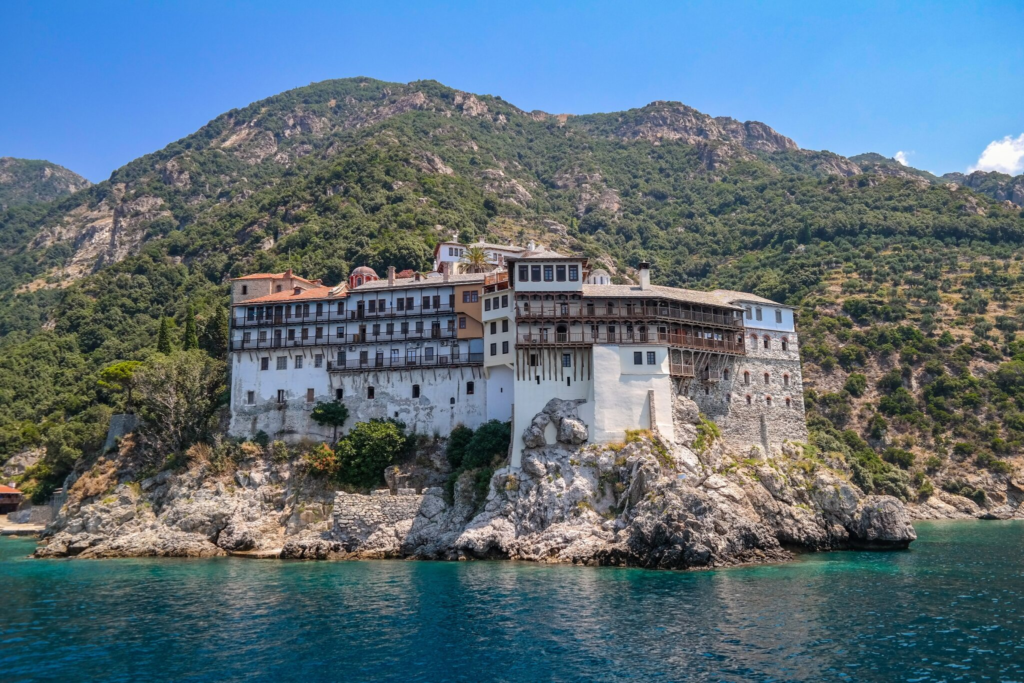
They didn’t interact with women, seek out pleasures, or engage in the ever-growing technological advancements of the outside world.
Other rules imposed at the monastery were that the monks couldn’t shave, argue, or fight with one another.
And so, Mihailo, grew up abiding by the rules set upon him by the monks who raised him.
As such, when little Mihailo was a child, he didn’t get to experience things other little boys did. He never saw an airplane in the sky, a car on the road, or a photograph.
As the world was advancing, Mihailo Tolotos stayed in the monastic sanctuary, staying well away from the modern world. Exposing himself to the wonders and pleasures of life was to spoil his spiritual enlightenment.
Mihailo Sought Enlightenment By Avoiding Women
It’s unclear if Mihailo was so dedicated to sacrificing pleasures for spirituality because he truly believed in it or because it was all he’d ever known.
After all, monks were not allowed to ask what lay beyond the monastery walls—since Mihailo likely never asked, he could only imagine what the world was like.
Perhaps it was fear that kept Mihailo confined behind the monastery walls. The monastery was a safe place with an incredibly simple life; the outside world may have sounded too frightening for Mihailo to dare consider venturing out.
So, Mihailo was highly disciplined with himself, shunning everything except religion and basic survival requirements, doing everything he could to pursue purity.
Decades passed, and Mihailo was introduced to many men from the “outside” world over the years: visitors who came to the mountain or men who wanted to try and live the life of a monk.
We’ll never know if he ever asked these men what their lives were like before abstaining from pleasures since he was technically forbidden from doing so.
It’s hard not to wonder if any of these men told Mihailo about the wonders of the world: radio broadcasting, electric washing machines, the vacuum cleaner. All of these things had been invented in Mihailo’s lifetime, yet he never encountered any of them and likely never knew of their existence.
In 1938, Mihailo Tolotos passed away at the age of 82. His fellow monks carried out a special burial ceremony for him since he was the only one out of all of them who’d never seen a woman—a rare, almost nonexistent event that they viewed as a revered quality.
All of the other monks had already encountered women in their lives before committing themselves to spirituality; for some, it was their mothers, while other monks had romantic relationships prior to joining the monastery.
Today, Mount Athos is recognized as a UNESCO (United Nations Educational, Scientific and Cultural Organization) World Heritage Site.

Tourists and those seeking their own spiritual enlightenment often visit the area. Still, to this day, no women tourists are permitted.
This aspect of the monks’ rules has recently been the subject of some controversy, with some suggesting the rule of no women is outdated. However, it doesn’t look to be changing any time soon.
Over the years, some people have doubted the truthfulness of Mihailo Tolotos’s story because there are no official historical records or evidence to support his existence, aside from the word of the monastery monks.
Upon Mihailo’s passing, his death (and the unique story of his life) was printed in the Hartford Courant in Connecticut. The source of the death announcement was never revealed.
This leads some critics of the story to feel the tale was made up by the monastery to advertise and encourage young men into a life of celibacy and self-disciplined living: the life of a dedicated monk, in other words.
After all, the story of a man’s ability to evade women for eight decades was impressive.
Then, there are some critics who don’t doubt that Mihailo Tolotos existed but heavily doubt the claims about him never seeing a woman to be true. Since Mihailo was merely days old when he was left outside the monastery, he would still have been dependent on a woman for milk.
Naturally, a monastery full of monks would be unable to offer this nourishment to the child.
Plus, it was 1856, and baby formula wasn’t invented until a decade later, let alone was it a mainstream product by this point.
So, some naysayers suggest that, at the very least, Mihailo was exposed to a woman as a baby in order for him to survive the first few months of his life.
Whatever the truth of the story, you can’t deny that Mihailo Tolotos’ tale is a remarkable one—and one that is unlikely to happen again.
Sources
https://rarehistoricalphotos.com/mihailo-tolotos-monk-no-women
https://www.findagrave.com/memorial/235172091/mihailo-tolotos
https://pemptousia.com/2013/02/the-avaton-restriction-of-access-of-the-holy-mountain


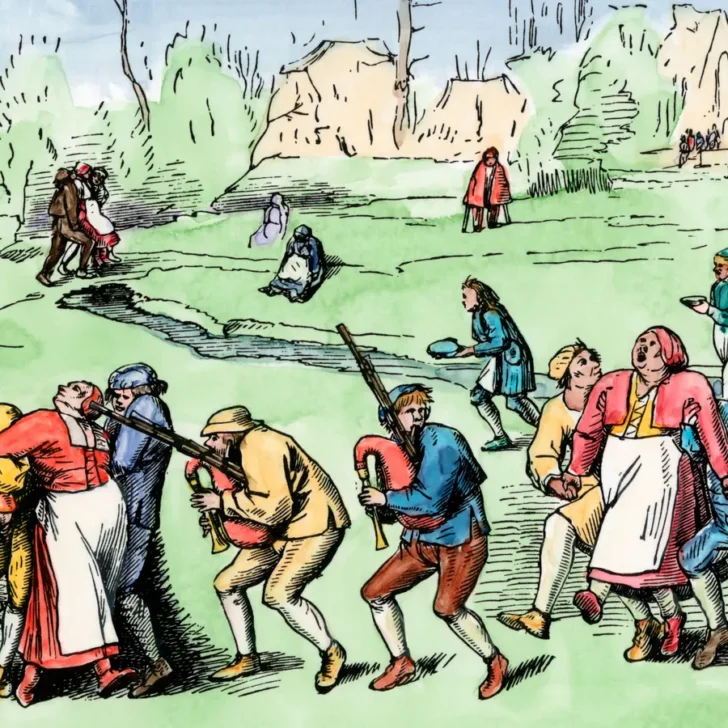
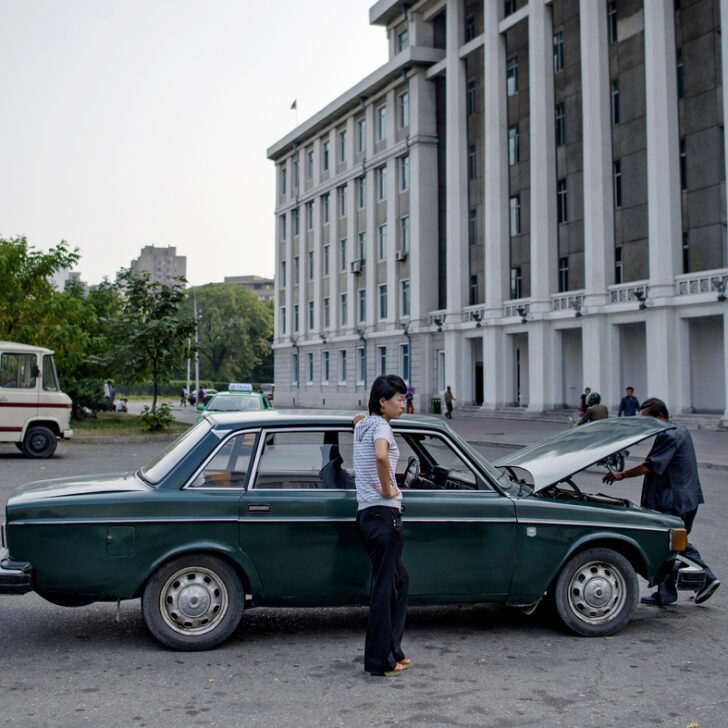


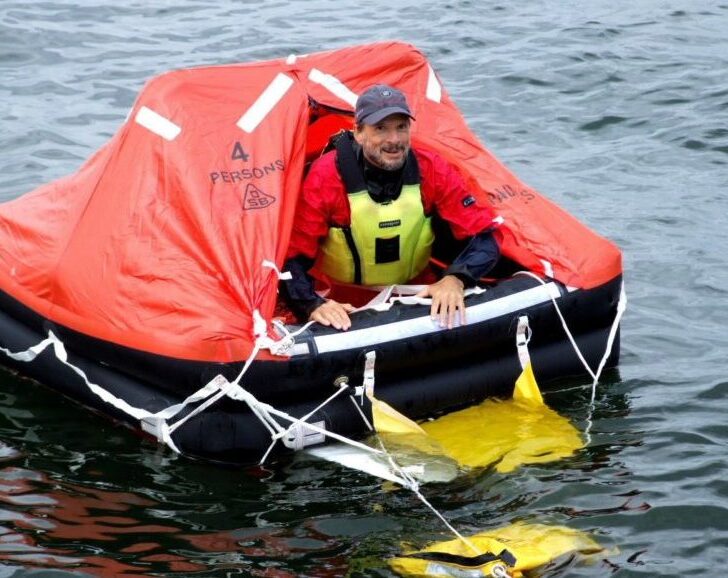

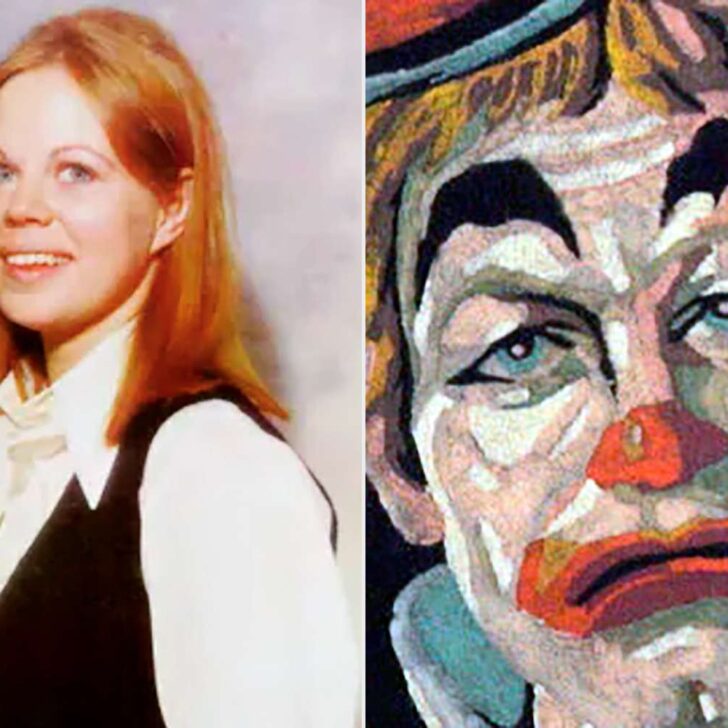




Leave a comment